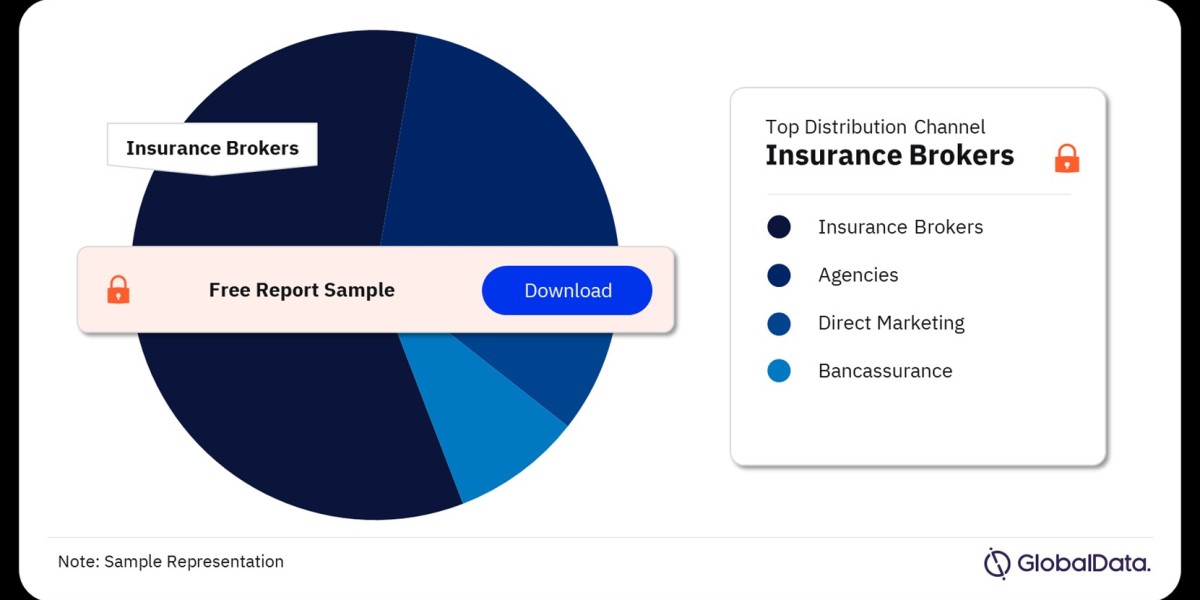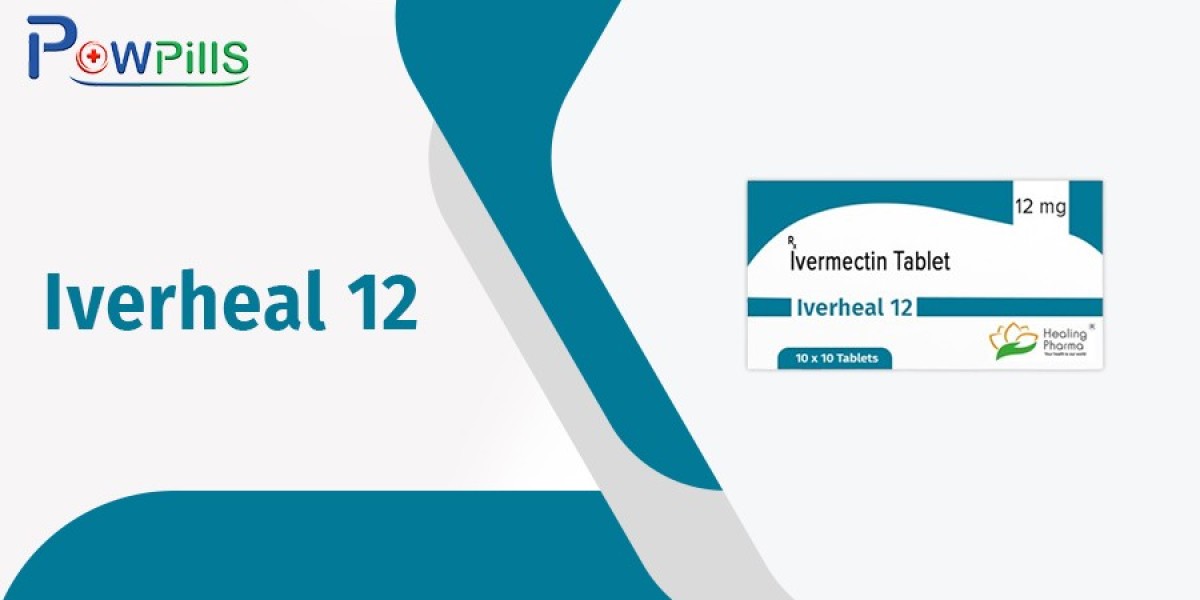When it comes to protecting your financial future, choosing the right insurance coverage is crucial. Among the various options available, life insurance and TPD insurance (Total and Permanent Disability insurance) are two popular choices that serve different purposes. Understanding the distinctions between Life insurance vs TPD insurance can help you make an informed decision about which type of policy is best suited for your needs.
What is Life Insurance?
Life insurance is a financial product that pays a lump sum to your nominated beneficiaries upon your death. The primary purpose of this insurance is to provide financial support to your loved ones after you pass away. The death benefit can be used for various expenses, including:
- Funeral costs
- Mortgage payments
- Daily living expenses
- Children’s education
There are two main types of life insurance: term life insurance, which covers you for a specific duration, and whole life insurance, which provides lifelong coverage as long as premiums are paid. The premiums for life insurance depend on various factors, including age, health, lifestyle, and the amount of coverage you desire.
What is TPD Insurance?
TPD insurance is designed to provide financial support if you become totally and permanently disabled and are unable to work. This type of insurance pays out a lump sum benefit to help cover ongoing expenses and lifestyle changes resulting from your disability. The benefits of TPD insurance can assist with:
- Medical costs
- Rehabilitation expenses
- Home modifications
- Everyday living expenses
- Replacing lost income
TPD insurance is particularly beneficial for individuals who may be unable to return to their previous job due to a severe injury or illness. Like life insurance, TPD insurance premiums are influenced by your age, health, occupation, and lifestyle.
Key Differences Between Life Insurance and TPD Insurance
- Purpose:
- Life Insurance: Provides a financial safety net for your beneficiaries after your death.
- TPD Insurance: Offers financial support if you become totally and permanently disabled and unable to work.
- Payout Trigger:
- Life Insurance: Pays out upon the insured's death, regardless of the cause.
- TPD Insurance: Pays out when the insured is deemed totally and permanently disabled, based on specific medical criteria.
- Coverage Duration:
- Life Insurance: Coverage can be temporary (term life) or permanent (whole life).
- TPD Insurance: Provides coverage until the insured is permanently disabled or reaches a certain age, depending on the policy.
- Tax Implications:
- Life Insurance: Generally, the death benefit is tax-free for the beneficiaries.
- TPD Insurance: Benefits received may be taxed, depending on how the premiums are paid (whether they were tax-deductible).
- Target Audience:
- Life Insurance: Ideal for individuals with dependents who need financial security after their passing.
- TPD Insurance: Suited for individuals whose ability to work is crucial for their financial stability and who want to safeguard against the loss of income due to disability.
Which One Do You Need?
Deciding between life insurance and TPD insurance depends on your personal circumstances, financial goals, and the specific risks you want to mitigate. If you have dependents who would struggle financially if you were to pass away, life insurance is essential. Conversely, if you are concerned about losing your ability to work due to a permanent disability, TPD insurance may be the better option.
Conclusion
In summary, both Life insurance vs TPD insurance play vital roles in a comprehensive financial protection strategy. Understanding their differences will help you tailor your coverage to meet your unique needs and ensure the financial well-being of yourself and your loved ones. Consulting with a qualified financial advisor or insurance professional can provide personalized insights to help you make the best decision for your situation. Whether you choose life insurance, TPD insurance, or both, the goal is to secure a stable financial future in the face of uncertainty.








